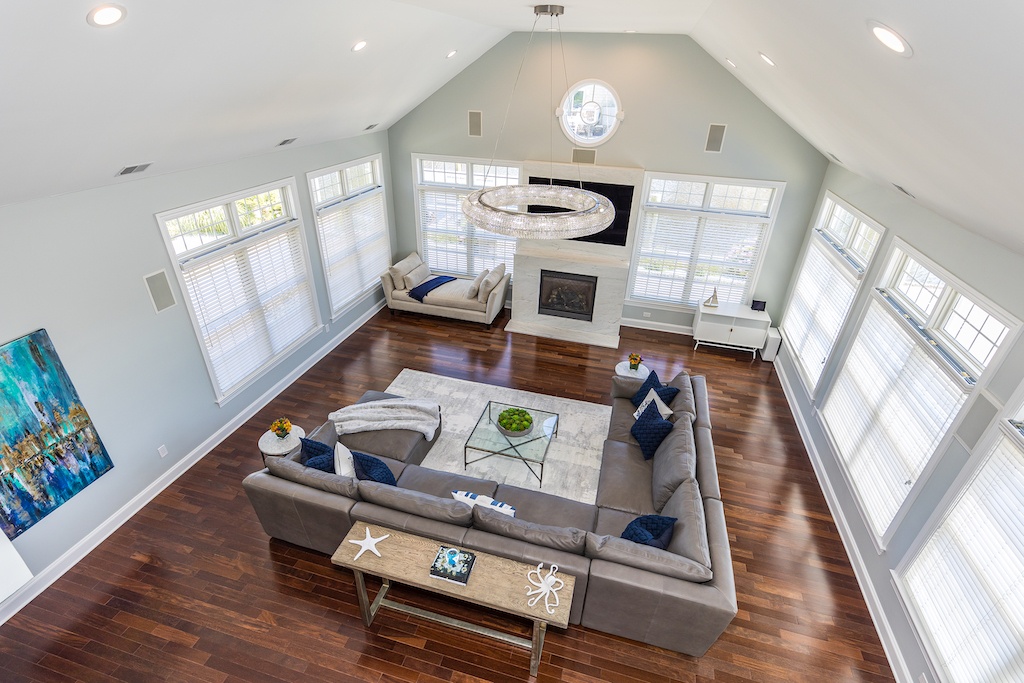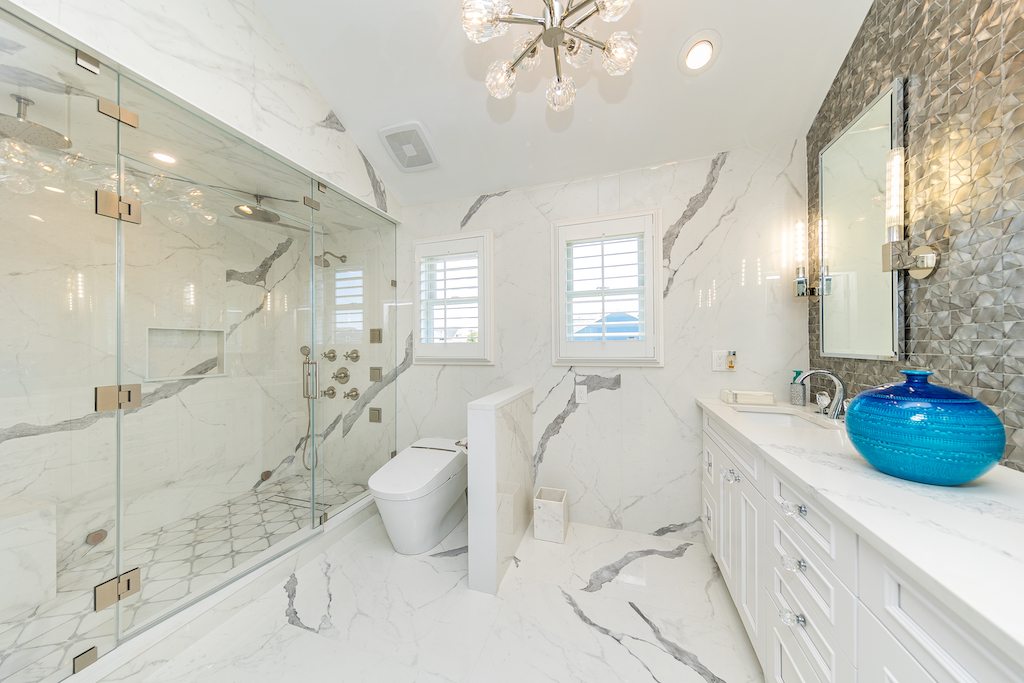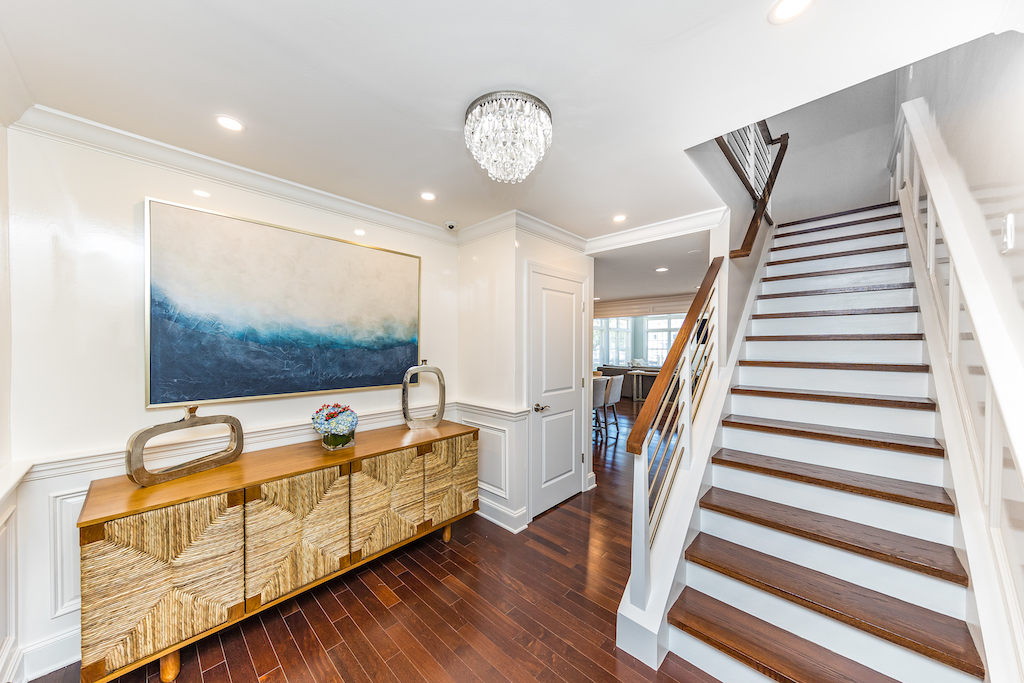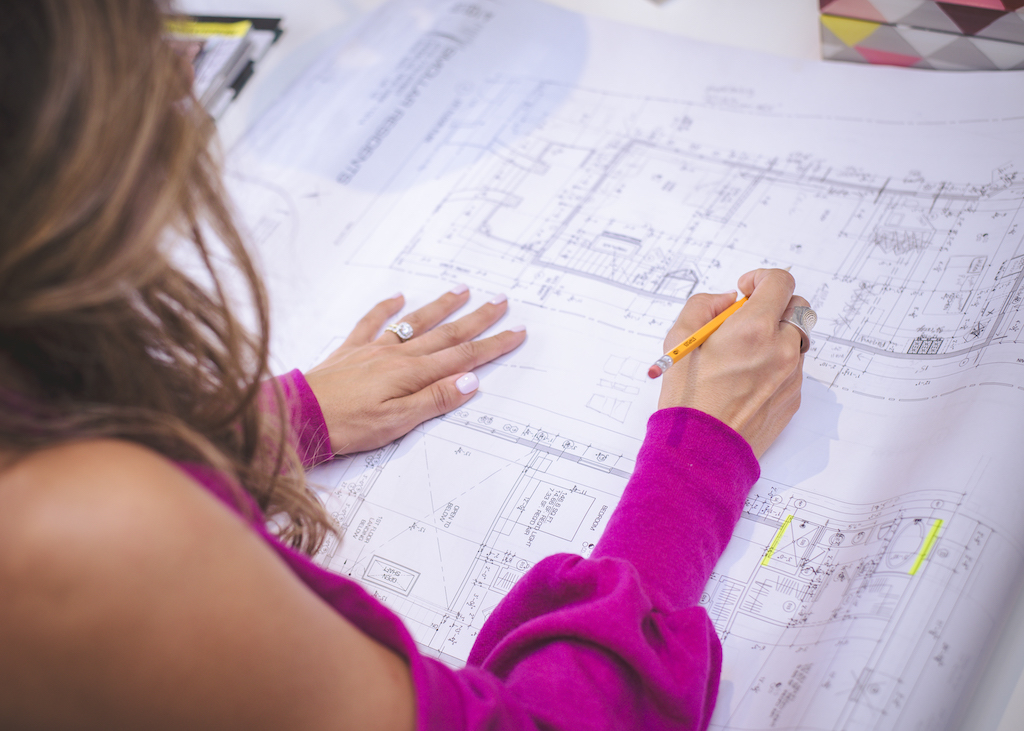Embarking on the journey of building or renovating a home, store, restaurant, or office requires careful planning and a keen eye for design. In this complex process involving various experts like architects, engineers, builders, and construction teams, the interior designer is essential. Interior designers bring together different specialties to ensure the client's vision is carried out across the entire project, advocating for the client and guiding them throughout.

1. Space Planning Expertise: Hiring a designer in the initial planning phase is crucial, laying the foundation for the entire project. Designers use their expertise to help clients envision possibilities and align their goals with practical design solutions. During this phase, the interior designer works closely with clients, reviewing architectural plans and suggesting revisions to improve the flow and functionality of the home.

2. Unique Values and Perspectives: Designers bring distinct values and insights during the planning phase that clients might miss. Offering a fresh perspective, designers consider functionality, aesthetics, size, and scale, anticipating challenges and proposing innovative solutions. This foresight adds significant value, saving the client time, resources, and stress.

3. Overall Success and Efficiency: Early involvement of an interior designer significantly enhances the project's success and efficiency. Their expertise streamlines decision-making, prevents common issues, and ensures a cohesive design vision. This proactive approach facilitates a smooth progression of the project, staying true to the client's vision.

4. Tangible Benefits of Expertise: From optimizing space in kitchens, bathrooms, and every area of the house to making cost-effective material selections, designers refine every aspect, turning ideas into reality. Designers help maximize the budget, advising where to invest and where to save with finishes and materials. The end result is a well-designed space that harmonizes seamlessly with the client's lifestyle.

5. Continuous Guidance and Problem Solving: From concept to a fully furnished home, the interior designer remains a constant presence, serving as the client's voice. Designers handle challenges and resolve issues in every phase of the project, especially during construction. They troubleshoot and answer contractors' questions, using their expertise to find solutions that align with the construction team's needs and the comprehensive design of the project.
The involvement of an interior designer from the project's start is not just advantageous; it's essential and invaluable. The designer's continuous presence, attention to detail, and problem-solving contribute to a project's success, resulting in a home or space that exceeds the client's expectations.
